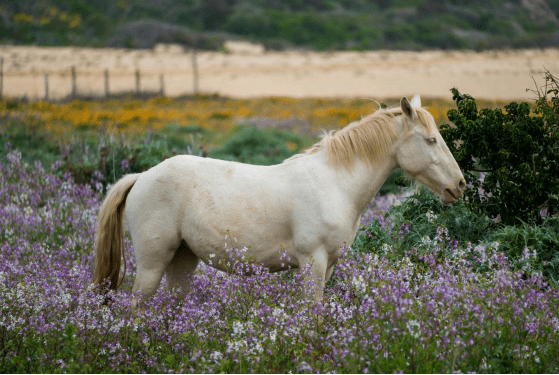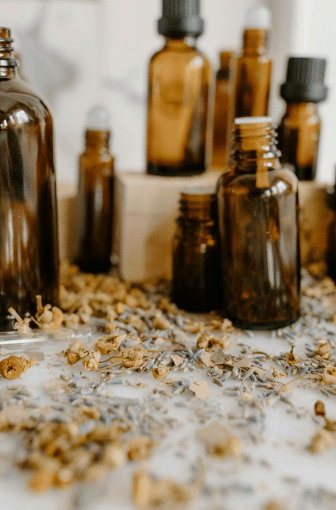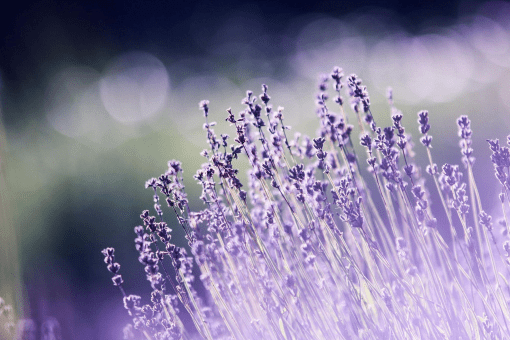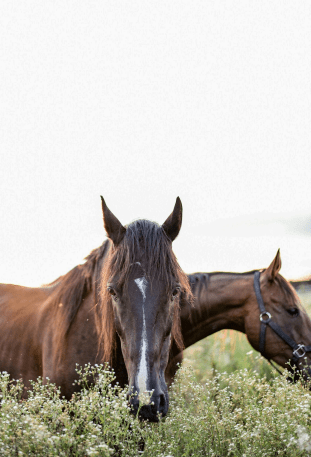
Ever noticed how a particular scent can instantly relax you? Imagine if the same could work for your horse. Equine aromatherapy is emerging as a holistic approach to calming and soothing horses. With horse owners constantly seeking natural ways to manage stress and anxiety in their animals, aromatherapy offers a promising solution. This guide will walk you through the essentials of equine aromatherapy, its benefits, and how to safely introduce it to your horse’s routine.
Exploring Equine Aromatherapy
Equine aromatherapy involves the use of essential oils to promote relaxation and well-being in horses. These oils, extracted from plants, carry potent scents that have various therapeutic properties. Just like humans, horses can benefit from the calming effects of these natural aromas.

What Are Essential Oils?
Essential oils are concentrated liquids containing volatile aroma compounds from plants. They have been used for centuries in various cultures for their healing properties. For horses, essential oils can be diffused into the air, applied topically, or added to their bathing water.
Why Horses Benefit From Aromatherapy
Horses are naturally sensitive animals with a keen sense of smell. This makes them excellent candidates for aromatherapy. When stressed or anxious, the right scent can help them relax, reduce anxiety, and even improve their overall mood.
Common Scents Used in Equine Aromatherapy
Lavender, chamomile, and peppermint are among the most popular essential oils used in equine aromatherapy. Lavender is known for its calming properties, chamomile helps in reducing stress, and peppermint can invigorate and improve focus.
The Science Behind Aromatherapy
While the idea of using scents to soothe might seem simple, there’s substantial science backing it up. Essential oils interact with the olfactory system—the part of the brain responsible for the sense of smell. This interaction can trigger the release of chemicals like serotonin and dopamine, which promote feelings of well-being.
How Scents Affect Horse Behavior
When a horse inhales essential oils, the molecules travel up the nasal passages to the olfactory bulbs. These bulbs then send signals to the brain, particularly to the limbic system, which controls emotions and behaviors. A soothing scent can, therefore, lead to a calmer, more relaxed horse.
How to Introduce Aromatherapy to Your Horse

Before starting, it’s crucial to consult your veterinarian. Not all essential oils are safe for horses, and improper use can lead to adverse reactions. Once you have the green light, start by introducing the scents gradually.
Choosing the Right Oils
Begin with oils known for their calming properties like lavender or chamomile. Make sure to use high-quality, therapeutic-grade oils. Cheaper alternatives might contain additives that can be harmful to your horse.
Methods of Application
There are several ways to introduce scents to your horse:
- Diffusing: Use a diffuser to spread the scent in the stable area.
- Topical Application: Mix a few drops of essential oil with a carrier oil and apply it to areas like the chest or back.
- Baths: Add a few drops of essential oil to your horse’s bathwater.
Monitoring Reactions
Observe your horse closely for any signs of discomfort or allergic reactions. If you notice any adverse effects, discontinue use immediately and consult your vet. Positive reactions, on the other hand, will be evident through a calmer demeanor and reduced signs of stress.
Safety First
While aromatherapy can offer numerous benefits, it’s essential to prioritize safety. Always consult your veterinarian before starting any new treatment regimen. Not all essential oils are safe for horses, and using them improperly can cause more harm than good.

Consulting a Vet
Your veterinarian can provide valuable insights into which oils are safe and how to use them effectively. They can also help you monitor your horse’s reaction to the new treatment, ensuring it provides the intended benefits.
Avoiding Toxic Oils
Some essential oils are toxic to horses and should be avoided. These include tea tree oil, eucalyptus, and wintergreen. Always double-check with your vet before introducing any new oil to your horse’s routine.
Proper Storage and Handling
Store essential oils in a cool, dark place to maintain their efficacy. Use clean, dry hands or tools when handling them to prevent contamination.
Conclusion
Equine aromatherapy offers a natural, effective way to manage stress and anxiety in horses. By understanding the science behind scents and following safe practices, you can provide your horse with a calming and soothing environment. Remember, always consult your veterinarian before introducing any new treatment to ensure its safety and
effectiveness.

